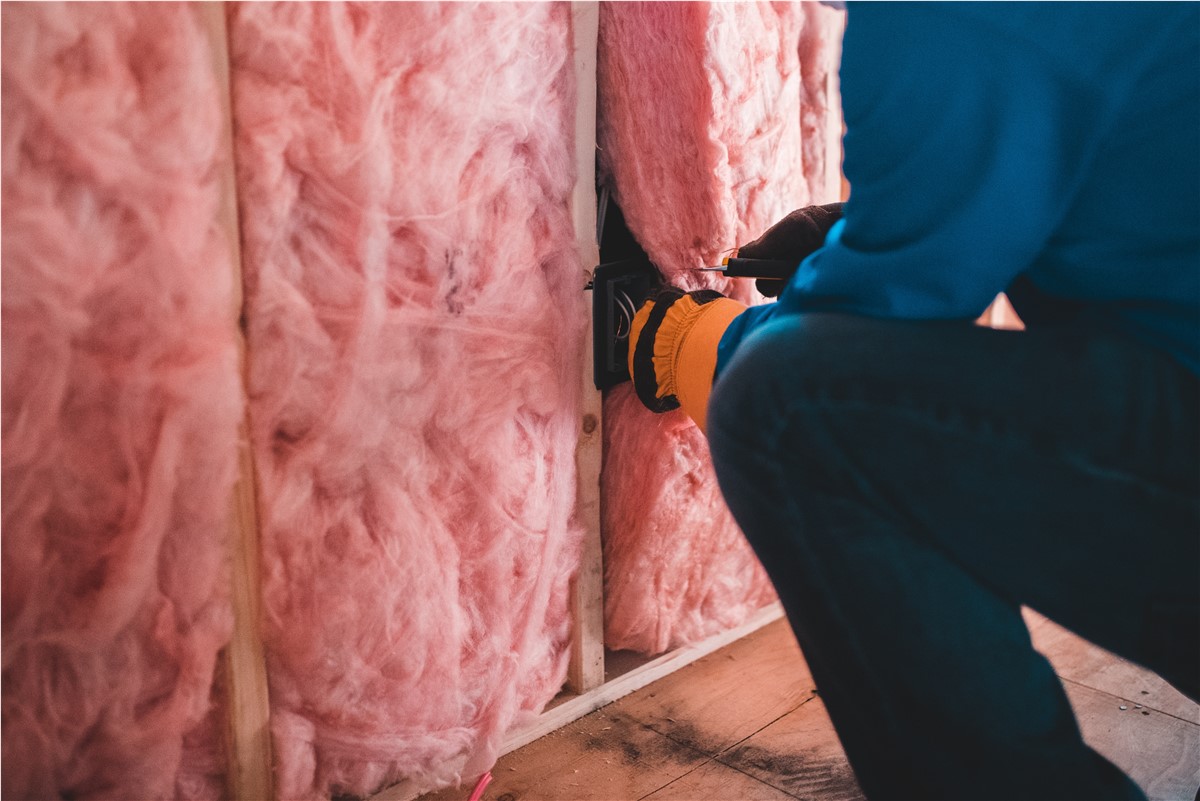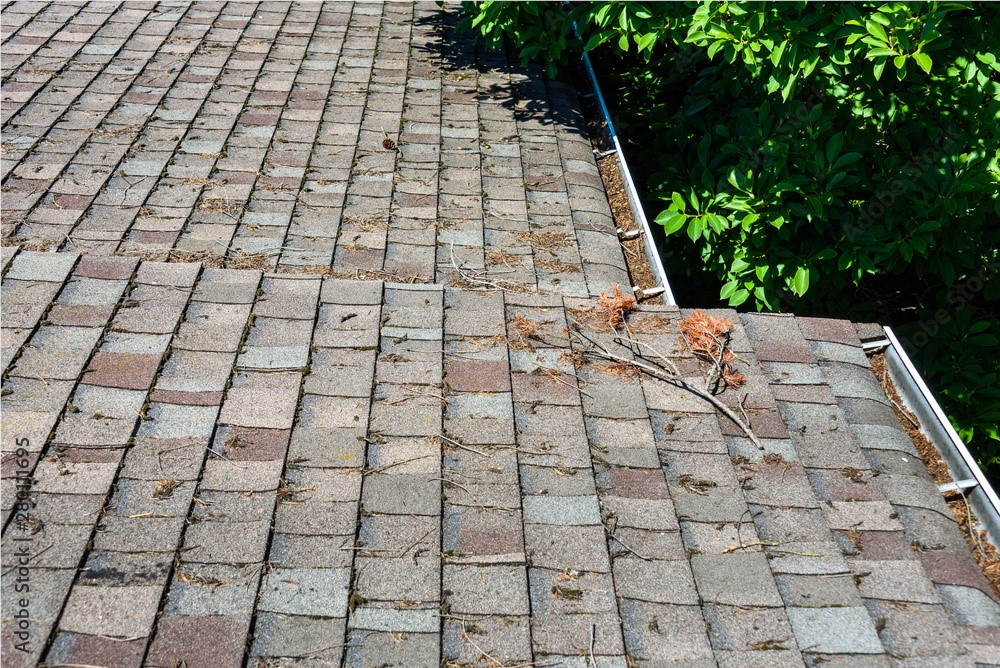
If you’ve recently been in your attic retrieving holiday decoration and noticed a musty smell, you may be experiencing a roofing issue. Attics are not supposed to be musty. A musty odor occurs when heat and moisture get trapped in an area. Your attic should be devoid of hot air and moisture so if you encounter unpleasant odors, you should find the source to ensure that you are not fostering an environment where mold or mildew can thrive.
What Does It Mean if My Attic Smells Musty?
If you notice a musty smell emanating from your attic, you have a problem. It means that the attic space is getting too warm and there is moisture being trapped.
Don’t fret, there are a few things that could be occurring that lead to the smell. The most important thing is to get the problem addressed before trying to get rid of musty smells. Failing to fix the problem will only lead to the return of the odor.
The leading causes of the formation of musty smells are;
Blocked soffits vents
Inadequate insulation
Air leaks
Any of these can add to the humidity in the attic. Your roof leak may have already been repaired but wet insulation can keep humid conditions active in the attic. These conditions can lead to mildew growth or mold growth.
Is It Bad if my Attic Insulation Has Gotten Wet?
Yes and no. Yes, if nothing is done about drying it out and no if you actively take steps to dry it out!
First, how wet is your attic insulation? Soaking wet or slightly damp?
If you can dry out the insulation depends on how wet it has gotten, and it also depends on the material. There are several different insulation materials on the market and the two most common are cellulose loose fill insulation and batt insulation.
Cellulose loose fill insulation is more apt to absorb moisture. Its composition helps it retain water so if it gets soaked, you will need to replace it.
Batt insulation is the pink insulation that you see at home improvement stores. Much like the cellulose counterpart, if it gets soaking wet, you will need to replace it.
Can You Dry Out Attic Insulation?
You can dry out attic insulation. The methods used to dry out insulation depend on the material. Cellulose loose fill needs to be fully spread out for several days to try and dry it out. Batt insulation can be dried with a large fan or dehumidifiers.
Where water has entered the attic, it's very important to thoroughly deep clean the area where moisture has entered. Using white vinegar and water mixture in a spray bottle, wipe down any mold spores or discolored areas. This is the first step in removing musty smells from your attic.
What Can I Do to Get the Musty Smell Out of my Attic?
Once your roof repair or ventilation has been completed, then you can start the process of removing the musty smells from your attic. What you will want to use are products that do not mask the smell, rather you want a product that absorbs the odor. You can put several boxes of baking soda around your attic to help remove the smell.
Additionally, you can place charcoal briquettes or kitty litter in containers around the attic to remove smells. All these products will need to be replaced every two weeks or so to remain effective.
Kearns Brothers are the Leading Metro Detroit Roofing Company
For over 30 years, Kearns Brothers have been helping metro Detroit homeowners with their roof leak repairs and replacement. If your attic has developed a musty foul smell, call the experts at Kearns Brothers to assess the condition of your roof and potentially locate the source of the musty smell. Contact us today to get the process underway!
Tags
Subscribe to Kearns Brothers's Blog



Comments